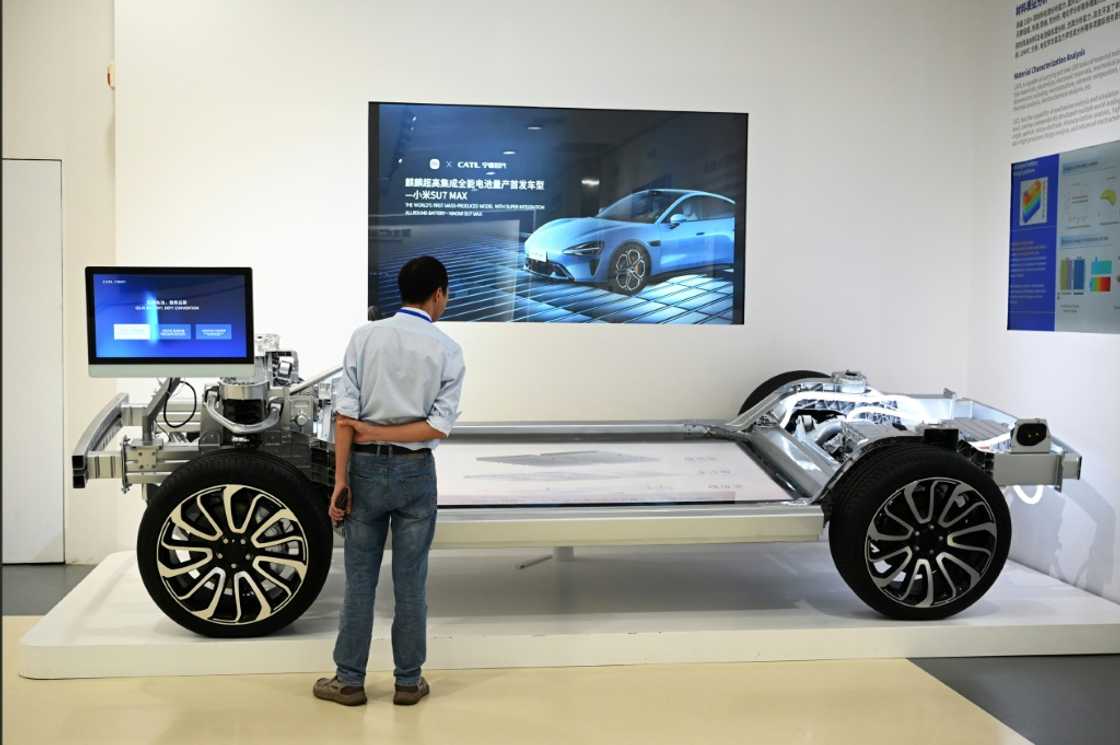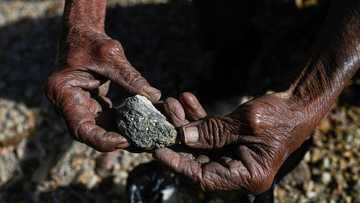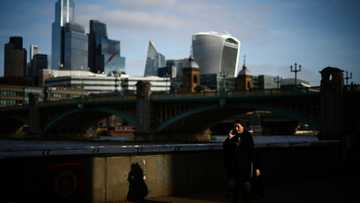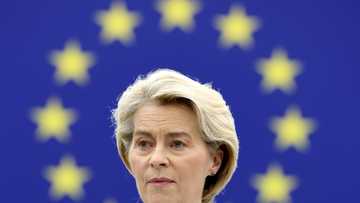Stellantis, Chinese firm CATL plan $4bn battery plant in Spain

Source: AFP
Car giant Stellantis and Chinese manufacturer CATL said Tuesday they would build a $4.3-billion factory to make electric vehicle batteries in Spain, the latest bid to boost Europe's troubled EV drive.
They said they aim to start production by the end of 2026 at the site in the northern city of Zaragoza.
It "could reach up to 50 GWh capacity, subject to the evolution of the electrical market in Europe and continued support from authorities in Spain and the European Union", the companies said in a statement.
The two firms signed an agreement in 2023 to produce battery parts for the manufacture of electric vehicles in Europe.
CATL has launched two other European factories, in Germany and Hungary.
Its chief executive Robin Zeng met late on Monday with Spain's Prime Minister Pedro Sanchez, ahead of the announcement of the 4.1-billion-euro deal.
Spain has been playing a growing role in European vehicle production, assembling 1.87 million cars in 2023 -- the second-biggest producer in the continent after Germany, according to the European Automobile Manufacturers' Association.
Bumpy patch for carmakers
The announcement comes at a turbulent time in the car industry as countries seek to switch to low-carbon electric vehicles to curb the climate crisis.
Sweden's financially strained electric car battery maker Northvolt last month announced the resignation of its chief executive Peter Carlsson.
That came hours after the company sought bankruptcy protection in the United States.
The company said in September it was slashing 1,600 jobs -- a quarter of its staff -- and suspending the expansion of its site as it struggled with strained finances and a slowdown in demand.
The company had been seen as a cornerstone of European attempts to catch up with China and the United States in the production of battery cells, a crucial component of lower-emission cars.
Stellantis's former chief executive Carlos Tavares also resigned on December 1, with the company signalling differences over how to save the group's slumping profits.
Like other auto groups, Stellantis has blamed competition from China and the difficult transition to electric cars for much of its troubles.
It announced on November 26 that it was closing a factory at Luton in England with the loss of 1,100 jobs.
'High-quality' EVs
Founded in 2011 in Ningde, eastern China, CATL produces more than a third of the electric vehicle batteries sold in the world.
Italian-US-French company Stellantis produces 14 brands including Fiat, Peugeot-Citroen, Opel, Maserati, Chrysler, Ram and Jeep.
The companies said the Zaragoza plant building lithium iron phosphate (LFP) batteries will be "designed to be completely carbon neutral".
They vowed it would enable Stellantis "to offer more high-quality, durable and affordable battery-electric passenger cars, crossovers and SUVs".
Stellantis chairman John Elkann said in the statement that the venture "will bring innovative battery production to a manufacturing site that is already a leader in clean and renewable energy".
Zeng said CATL's goal was "to make zero-carbon technology accessible across the globe".
The deal is expected to be closed in 2025, subject to regulation.
PAY ATTENTION: Сheck out news that is picked exactly for YOU ➡️ find the “Recommended for you” block on the home page and enjoy!
Source: AFP





